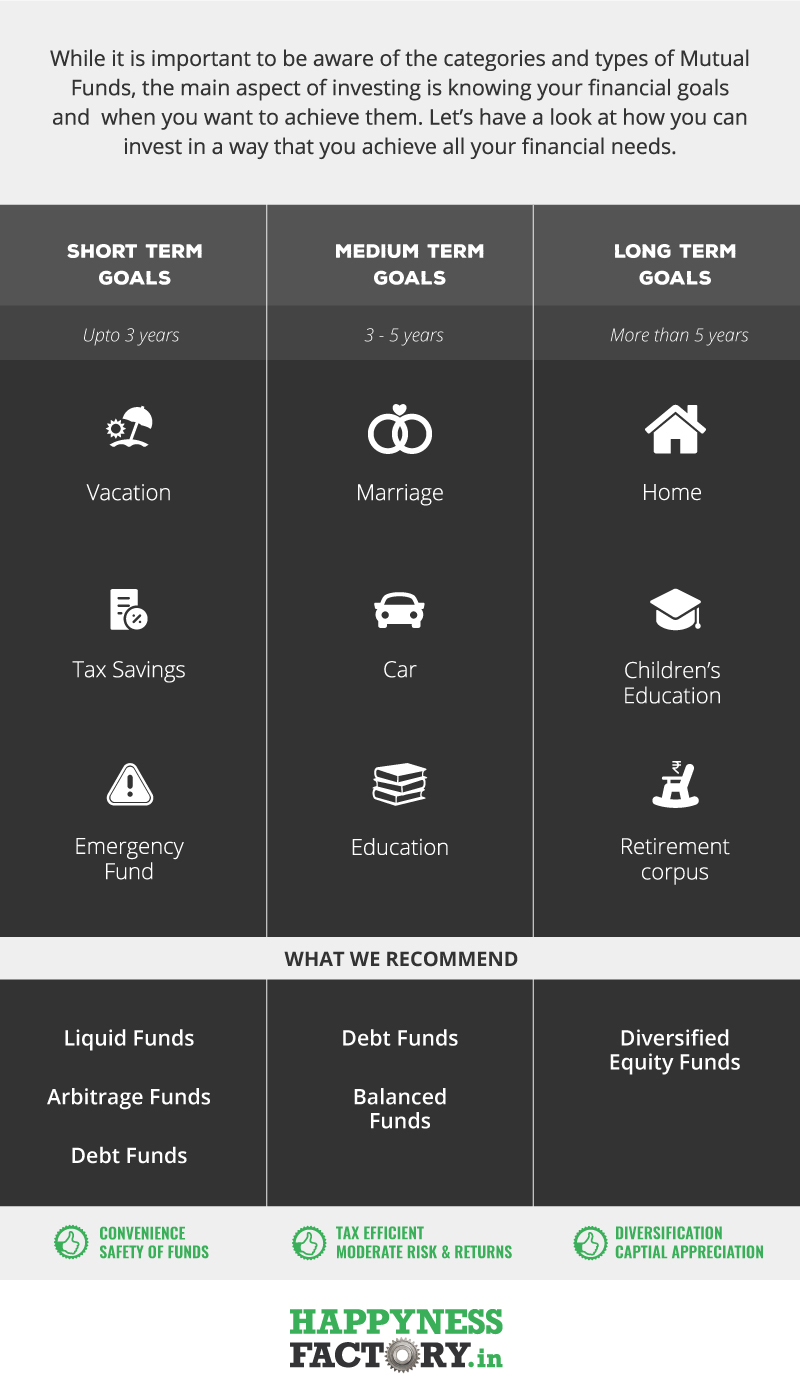Growing up, college seemed like the ultimate dream. But when we eventually got there, we realized how wrong the movies had it because having to attend lectures religiously and curtailing expenses wasn’t part of that dream! The next dream had us envisioning ourselves as working adults. And why not? All they had to do was go to work and get paid for it. Unfortunately, this bubble burst pretty soon as well because work was hard, hours were long and savings were hard to create. Next came an early retirement dream to enjoy the results of your hard work in the prior years.
Now, retiring as early as 45 seems like an appealing idea but with the ever-rising inflation rates and the unimaginable demands of future generations, is retirement actually as comfortable and fun as we imagine it to be? Or is there a catch or a reality check that we fail to comprehend?
It’s important to remember that the grass is always greener on the other side but, only when one makes an effort to water it. This concept holds extremely true when it comes to retiring early. Many might think it to be a trivial thing to consider but, it is only with a purpose that a plan can become successful. So, once the purpose has been envisioned clearly, the next step towards an early retirement would be to strategize about how to get there.
The first step should be deciding upon the MAGICAL NUMBER, the one that will unbind you from all work-related obligations to let you breathe freely, without compromising on your current lifestyle or aspirations. It should also provide for any contingency in equal measure so as to empower you to leave behind a legacy for your loved ones.
Following the below-mentioned practices can help you set yourself up well for retirement.
1. Setting aside 25 % of your gross income every year
While this amount might seem quite less in the initial years, as your career advances and you reach your retirement age, the small amounts add up considerably. As you will progress in your career and reach your age of retirement, these savings could not only add comfort to your early retirement but, also come in very handy in paying off any sudden liability or unplanned requirement. This doesn’t mean that weekend trips and impulsive buys should stop completely. A few smart choices there as well will award you with inspirational financial freedom. This practice would also serve as a good lesson in planning for your future for the coming generations.
2. House yourself in a budget
There truly would be no point in early retirement if one had to worry about repaying a staggering amount of loans as opposed to having their basic needs like having a roof over their head fulfilled. Thus, it is very important to start EMI planning at the earliest. It is best advised to set aside a minimum of 30% of net income for EMI towards housing loans.
3. Invest in equity from the start, NOT debt
During the start of one’s career, one can afford to take a little risk, be aggressive in investments and opt for the equity option when building an investment portfolio. Of course, when nearing the age of retirement, one could move towards debt. But placing debt strongly before equity without having a profitable investment build-up would mean loads of interest payments being made from day one. thus, This would make early retirement almost impossible to achieve.
4. Prudently monitor all expenses
Human nature is such that it takes very little time to become habituated to a luxury which in turn becomes a necessity. A very apt example here would be the mobile phone. Earlier, it was a luxury before but now, it’s an absolute necessity. One cannot cut back on expenses when they become a necessity. Thus, savings become dependent on one’s growing needs. So, closely monitoring lifestyle choices and chalking out a monthly expenditure plan is imperative to retiring early and leading a comfortable retired life.
5. Invest any inherited asset cautiously
An inherited asset is always a valuable heritage. Thus, if one becomes fortunate enough to receive such an inheritance, prudent investment of it will double the asset value in no time. Hence, instead of blowing up the inheritance, it is always advised to do a quick financial check of it with respect to its market rate and inflation prospects.




